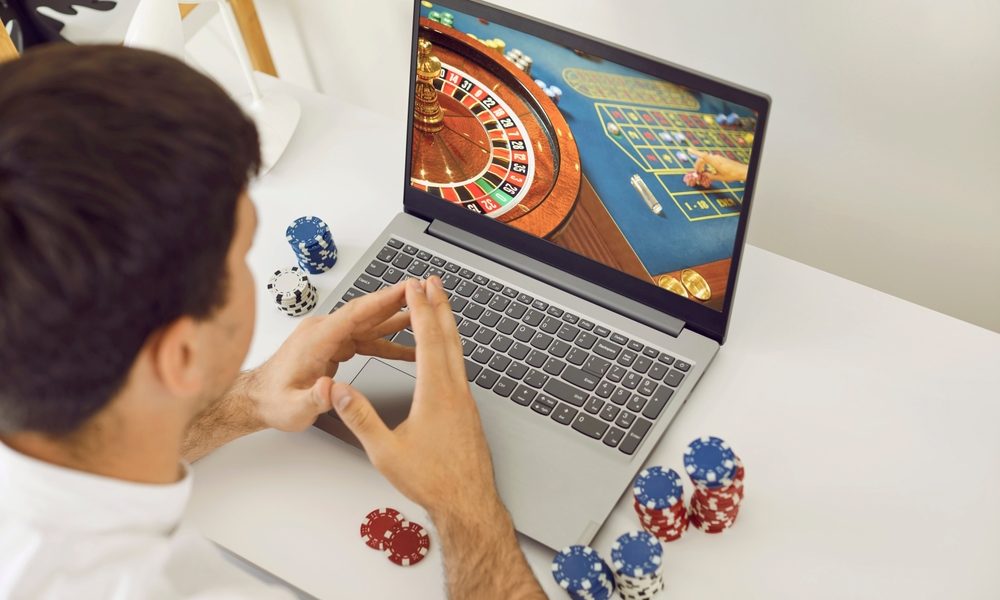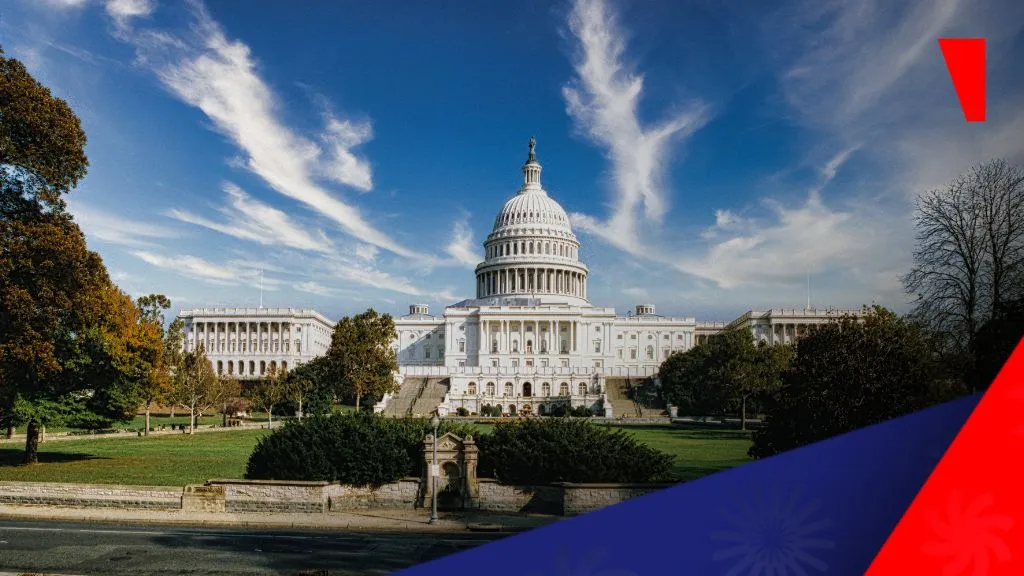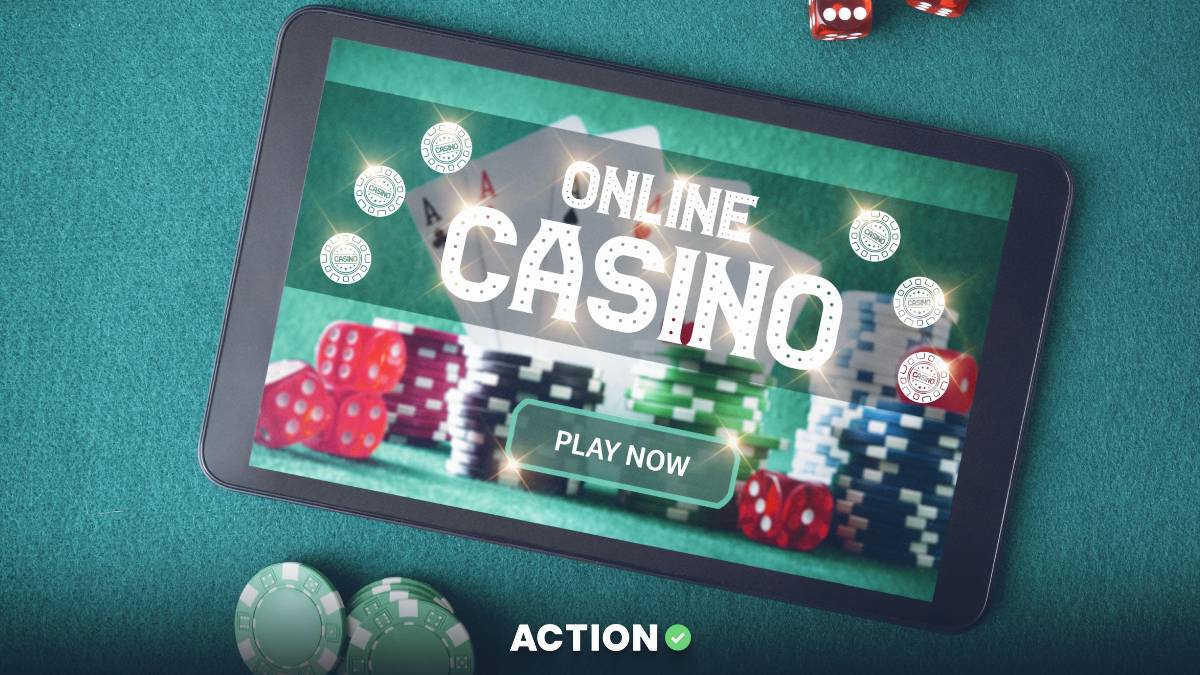The worst thing for Andrew Douglas was having seven police officers knock on his apartment door. In order to bleed out more quickly, he had sharpened the knife “good,” filled the bathtub with water, and consumed a vial of Coumadin. Andrew, a former baseball star developed a severe gambling addiction while in college, would have quietly checked out at age 33, leaving behind his twin young sons, his parents who were overcome with guilt, and thousands of dollars in gambling bills, had his father not detected something and called 911.
Jonah’s lowest point in his struggle with gambling addiction wasn’t contemplating suicide or failing out of college. It also wasn’t the month he spent in a Florida recovery centre where, for some stupid reason, they gave him access to his phone and he used it to wager on four-legged parlay bets using money he had stolen from relatives. (Parlays will be discussed later.) The last bridge of honour for Jonah, a lacrosse player at a great college, was exchanging insider information with players from other schools in order to cover the over/under on games they gambled on.
The seven men seated around this table, most of whom were young guys, saw the bottom as a tomb they had dug themselves, one so deep that their pleas for assistance were ignored. Marcus, a mid-twenty something in a gamer’s outfit consisting of a Playskool-colored sweatshirt, high-top Chucks, and black spectacles, says, “My thoughts were too crazy, I thought that no one would get them.” He was at his bottom, looking out his apartment window, trying to decide if he would die or just be maimed if he fell five stories. “I reached a point at which suicide seemed reasonable.” (The gamblers in this article spoke in exchange for anonymity, with the exception of Andrew, above.)
We’re eating waffle fries and tasteless wings at a sports bar in a Philadelphia suburb for lunch. The man at the head of the table has his reasons, but it’s an odd location to take a group of gamblers in recovery. As a former criminal defence lawyer who lost his license and almost lost his life to his own gambling addictions ten years ago, as a second-chance advocate and addictions counsellor who primarily helps people who are devastated by gambling disorders, and as a nomadic opponent of the online gambling giants DraftKings and FanDuel as well as other sports-betting operators (henceforth, SBOs), Harry Levant has always been a rower against the river. Levant spends forty weeks a year in the air, educating state lawmakers and medical associations about the tricks and traps of betting applications and the problems they have caused to Gen Z men. The passion of the gambler repurposed for public duty is Levant’s grail, which reads lonely and self-destructive. Levant asserts that “all addictive products have regulations.” “What makes this the only one that doesn’t have them?”
A vague story comes shape as his clients share their stories. With the occasional exception, the majority of these men began gambling while they were teenagers, playing NFL parlays and lunchroom hold-em for a few bucks each. When they arrived at college, they lived and ran with older students. Everyone appeared to be active all of a sudden, whether it was placing foolish bets on esport soccer or slinging $15 at a five-legged parlay that paid out 20 to one but hardly ever cashed. (A parlay is a combination wager on two or more events; you have to win each “leg” or outcome in order to collect.)
You lose all of your money if you hit on four legs but miss the fifth. And the odds of winning that parlay with five legs? Under five percent.)
Courtesy: https://www.covers.com, https://www.casino.org, https://pechanga.net








